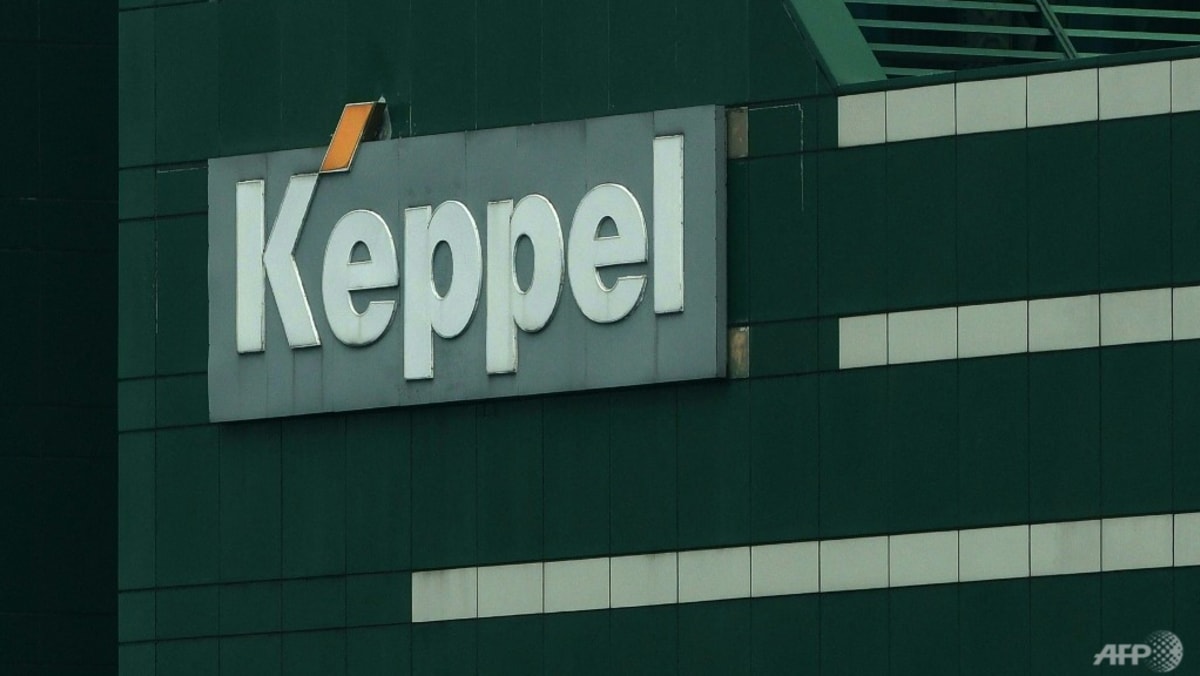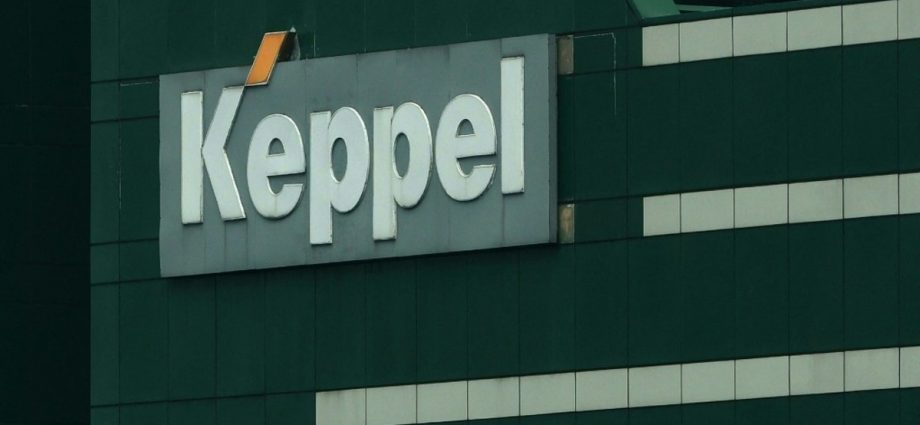
BASIS FOR STERN WARNINGS
As for why the six individuals were not named, Ms Indranee said that CPIB does not disclose the names of individuals unless they are charged in court and it is a policy that is not unique to Singapore.
Law enforcement agencies in the United States, United Kingdom and New Zealand have a similar approach, she added.
“The principle underlying this policy is to avoid prejudicing that individual’s right to due process, and also to avoid any presumption of guilt in the absence of any formal findings,” said Ms Indranee, who also called for MPs to speak out if they feel this practice should be changed.
She added that stern warnings are “not unusual” and are issued in cases with evidential difficulties or little public interest to prosecute.
From 2017 to 2021, CPIB issued an average of 138 warnings annually and prosecuted 139 individuals.
While CPIB did not receive any admissions or confessions from the six individuals during the investigation process, Ms Indranee explained the rationale for issuing the stern warnings.
“A stern warning is given when you feel that … you can’t say that you give a complete clean bill of health. But at the same time, you don’t have enough to clear the evidentiary hurdle.
“So you see, what are the choices? … Do nothing at all, bring charges when you know you don’t have sufficient evidence, or is there something in between? The stern warning device is the something in between,” she said.
Issuing a stern warning is the “only device available to the AGC” given the circumstances, and “an expression of AGC’s position”, added Ms Indranee.
It signals that “we don’t think that you’re completely off the hook but we don’t have enough to charge you and I want you to know this, and I’m putting down a marker (that) there is something not entirely right”.
ZERO-TOLERANCE TO CORRUPTION
In response to Ms Indranee’s speech, eight MPs from both sides of the House, including the Leader of the Opposition, raised follow-up questions covering various concerns, including queries about whether the Government could do more to prevent future similar cases.
Ms Indranee reiterated that the Singapore Government “doesn’t run these private companies that operate abroad”.
Ensuring that practices are clean and above board is “a matter for the company’s own corporate governance”.
“But, as a Government, what we do is we make sure that our laws are directed at ensuring that you have good corporate governance.
“We also encourage programmes which require good corporate governance. We have a very strong stance on anti-corruption. So all the signals that we send (as the) Government is to tell our companies, please do business properly,” she added.
While no criminal proceedings have been brought in this case, it does not change Singapore’s zero-tolerance policy on corruption, stressed Ms Indranee.
By having regard to the rules of evidence, CPIB and AGC are observing “the basic rules for a fair and just criminal justice system”.
“Singapore’s success arises in no small part because of its policy in upholding the rule of law and adopting a zero-tolerance policy to corruption. Both are necessary factors and our zero-tolerance policy must be upheld in a manner that complies to the rule of law,” she said.

